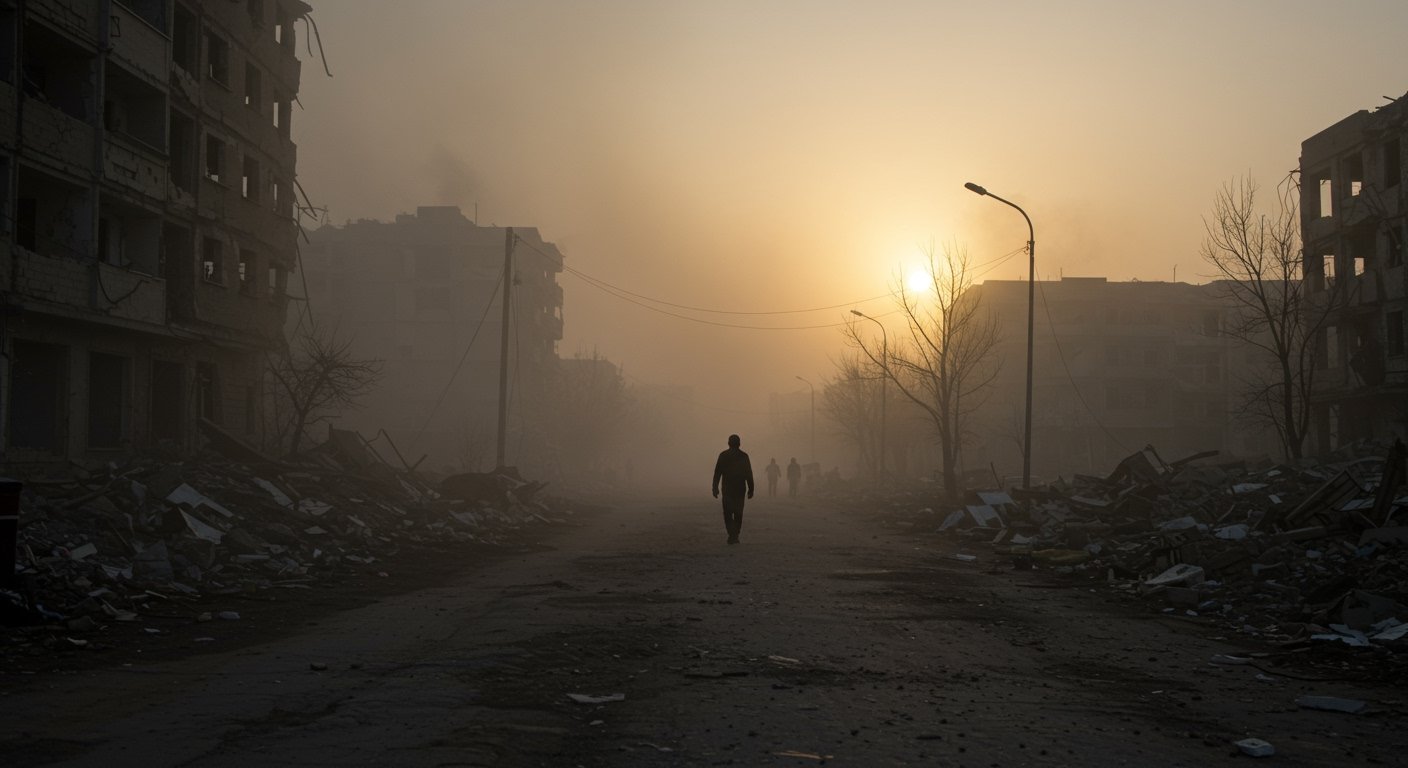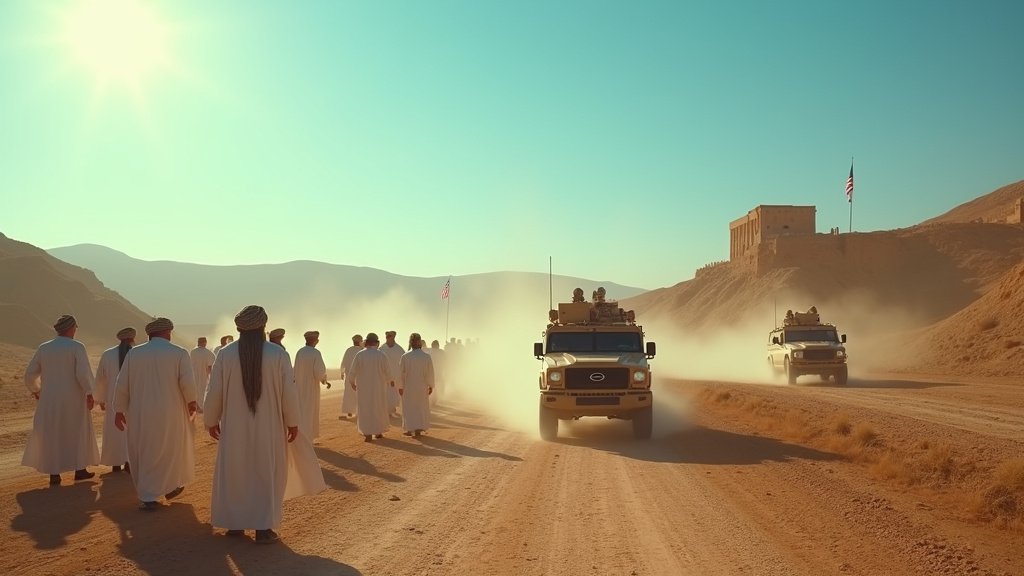Vermont, USA – A Palestinian student from Columbia University, Mohsen Mahdawi, has been granted bail and released from U.S. Immigration and Customs Enforcement (ICE) detention.
His release followed a ruling by U.S. District Judge Geoffrey Crawford in Vermont, who found that the Trump administration had failed to provide sufficient justification for Mahdawi’s continued confinement. Mahdawi is currently challenging the government’s attempts to deport him, actions he alleges are linked to his participation in protests against Israel’s military assault on Gaza.
Judicial Scrutiny of Government Action
Judge Crawford’s decision was notable for its critical assessment of the government’s approach. In granting bail, the judge described the government’s actions as a “chilling action by the government intended to shut down debate.” This judicial characterization underscores concerns raised by civil liberties advocates regarding the potential use of immigration enforcement against individuals engaged in political expression.
The judge’s ruling specifically cited the administration’s failure to demonstrate why Mahdawi should remain incarcerated pending his deportation proceedings. The case highlights the tension between governmental authority in immigration matters and the protection of free speech rights, particularly in the context of political activism.
Detention and Legal Challenge
Mahdawi was initially taken into ICE custody in April. His detention occurred after he attended what he believed would be a routine check-in with immigration authorities. Instead, he was detained, initiating the legal battle that led to his recent appearance before Judge Crawford.
The core of Mahdawi’s legal challenge centers on the claim that the government’s deportation efforts are retaliatory, stemming from his involvement in protests related to the conflict in Gaza. His case has drawn significant attention from student activist groups, human rights organizations, and legal advocates.
Message to President Trump
Emerging from the courthouse following his release, Mohsen Mahdawi was met by a gathering of supporters. Addressing the crowd, he delivered a direct and forceful statement directed at the nation’s highest office.
“And I am saying it clear and loud to President Trump and his Cabinet: I am not afraid of you,” Mahdawi declared. His statement, made moments after regaining his freedom, resonated with those assembled, many of whom had advocated for his release.
Mahdawi also led the supporters in a rendition of the civil rights anthem, “We Shall Overcome,” a symbolic act emphasizing resilience and the pursuit of justice. The scene outside the Vermont courthouse underscored the intersection of immigration policy, protest movements, and individual rights.
Broader Implications
The case of Mohsen Mahdawi is situated within a broader national debate regarding immigration enforcement priorities and the rights of non-citizens, particularly students, who engage in political activities. Judicial interventions, such as the one by Judge Crawford, highlight the role of the courts in scrutinizing executive actions, especially when they appear to potentially infringe upon constitutional principles like freedom of speech.
While the bail ruling allows Mahdawi to be free during his ongoing deportation proceedings, the legal challenge against the Trump administration’s attempt to remove him from the United States continues. His case remains a focal point for discussions on civil liberties, student activism, and the application of immigration law in instances involving political dissent.









